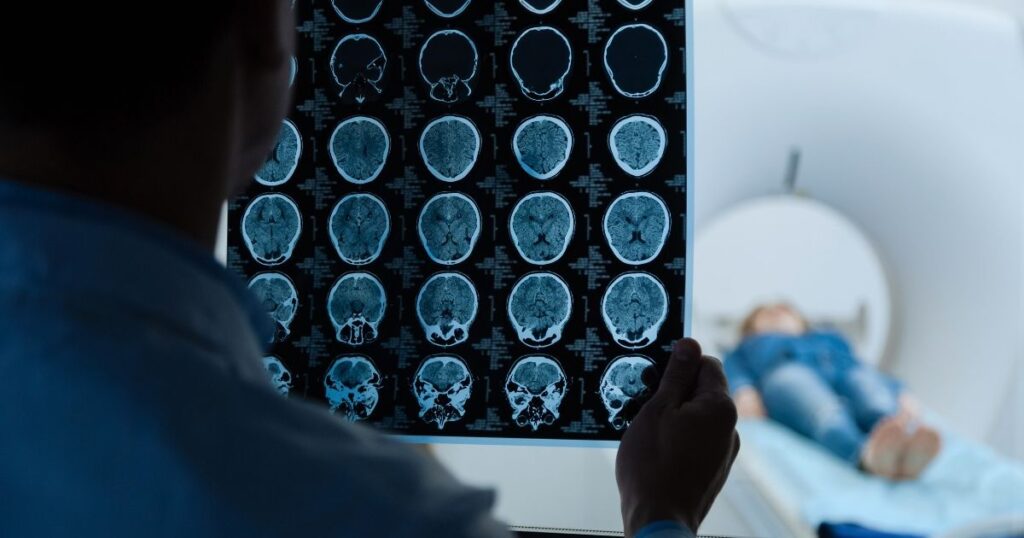
Florida Stroke Misdiagnosis Lawyer: Fighting for Victims of Delayed Treatment
Holding Healthcare Providers Accountable When Failure to Diagnose Stroke Leads to Preventable Brain Damage and Disability.
Over 35 Years of Experience Fighting for Victims of Negligence
A stroke is a medical emergency where every second counts. When blood flow to the brain is interrupted, brain cells begin to die within minutes. Prompt recognition of stroke symptoms and rapid medical intervention are absolutely critical to minimizing brain damage and improving a patient’s chances of recovery.
A failure to diagnose a stroke in a timely manner, or a misdiagnosis of its symptoms as a less serious condition, can rob a patient of their chance to receive time-sensitive, life-altering treatments like tPA (tissue plasminogen activator) or a thrombectomy. This delay can be the difference between a minor deficit and a lifetime of severe disability, and it often constitutes medical malpractice.
If you or a loved one suffered severe harm because doctors failed to recognize or act quickly on stroke symptoms in Florida, Lisa Levine, an experienced Florida stroke misdiagnosis lawyer, can help you seek justice.
On This Page
Recognizing the Signs of a Stroke: F.A.S.T. and Beyond

Healthcare providers, especially in emergency settings, are trained to rapidly identify stroke symptoms. The F.A.S.T. mnemonic is a primary tool:
Other critical stroke symptoms that doctors must recognize include:
A provider’s failure to perform a proper stroke assessment or recognize these clear signs can be a catastrophic form of negligence.
Common Failures in Diagnosing Stroke
Diagnostic errors involving stroke most often occur in busy emergency rooms or primary care clinics. These critical failures can include:
The Devastating Consequences of a Delayed Stroke Diagnosis
When a stroke diagnosis is delayed, the window for effective, brain-saving treatments closes rapidly. This negligence leads to:
Establishing Medical Malpractice in a Stroke Case
To succeed in a Florida stroke misdiagnosis lawsuit, we must prove that the healthcare provider’s actions fell below the accepted standard of care for stroke diagnosis and treatment, directly causing a worse outcome. This involves demonstrating:
Why Trust Lisa Levine with Your Florida Stroke Misdiagnosis Claim?
Stroke misdiagnosis cases require an attorney with a deep understanding of the time-critical nature of stroke care and the complexities of medical negligence law. Lisa S. Levine, P.A. offers:

Compensation for a Lifetime of Care After a Misdiagnosed Stroke
A severe stroke caused by diagnostic delay can necessitate a lifetime of care. Compensation in a successful lawsuit is designed to cover these extensive past and future needs, including:
Life Care Plan Costs
– Including future medical treatments, in-home nursing care, physical, occupational, and speech therapy.
Medical Expenses
– For initial hospitalization, surgeries, and rehabilitation.
Pain and Suffering
– For the profound physical and emotional trauma of the stroke and its aftermath.
Home and Vehicle Modifications
– To accommodate wheelchairs and other mobility challenges.
Loss of Enjoyment of Life
– Acknowledging the loss of independence and ability to participate in life’s activities.
Wrongful Death Damages
If the misdiagnosed stroke led to the death of a loved one.
Lost Wages and Total Loss of Earning Capacity
– As many severe stroke victims are left permanently unable to work.
Proven Results in Medical Malpractice & Failure to Diagnose Cases
jane doe
v. surgeon and hospital
Following a laminectomy where she sustained an intraoperative injury, Jane Doe (66) developed immediate CES signs. A hematoma was untimely diagnosed, and surgery to evacuate it occurred 4 days post-op, leaving her with permanent severe pain, gait issues, saddle anesthesia, and bowel/bladder dysfunction.
estate of john doe
v. hospital
Our client, a 40-year-old father of 2 minor children, entered the hospital for pain management because of kidney stones. He was given Demerol for pain management. Demerol is a respiratory suppressant and the patient needs to be monitored closely. He died within 24 hours due to hospital’s failure to monitor the patient.
Disclaimer: Past results do not guarantee future outcomes. Every case is unique.
Frequently Asked Questions About Stroke Misdiagnosis Lawsuits
Was a Stroke Misdiagnosed or Treatment Delayed? Get Legal Help.
If a delayed diagnosis or misdiagnosis of a stroke led to preventable harm for you or a loved one in Florida, do not wait. Contact Lisa S. Levine, P.A. to understand your legal rights.
Your initial consultation is free and completely confidential. We are here to listen and explain how we can fight for the justice and resources your family needs to face the future.
